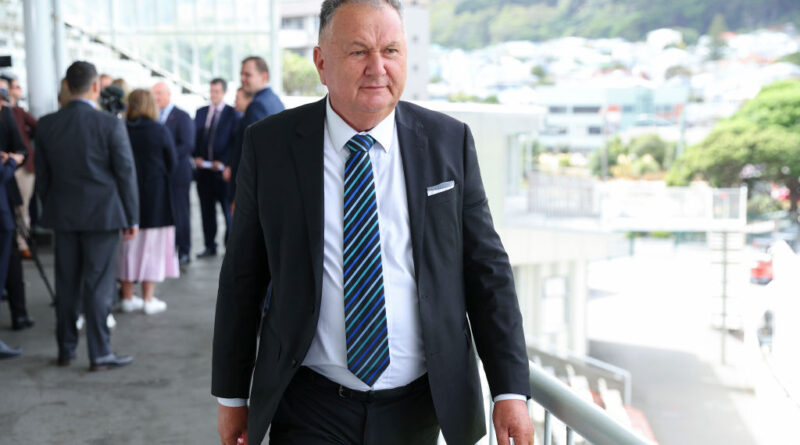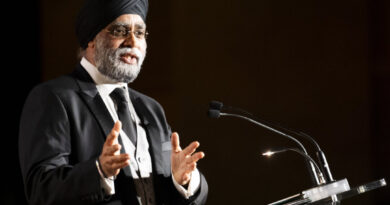Minister Criticizes Australian-Owned New Zealand Bank for Ending Coal Investments, Denounces Climate Activism
Banks in New Zealand are taking a stand by announcing their decision to cease providing services to companies they oppose.
However, their recent focus on a coal mining company has angered the country’s Resources Minister. He vows to prevent this foreign-owned bank from imposing their beliefs on a local business.
The Bank of New Zealand (BNZ), owned by NAB, notified the unnamed mining company of its decision in line with its coal mining policy. This policy includes reducing exposure to coal, ceasing thermal coal mining by 2025, and metallurgical coal mining by 2030, all to align with the Paris Agreement on climate change.
The bank emphasized its commitment to supporting customers in transitioning to more sustainable practices while giving advance notice for finding alternate providers if necessary. The bank’s standard terms allow for closing accounts for any reason.
This move by BNZ comes as no surprise, with banks worldwide pledging to help reduce emissions to net zero at the recent U.N. Climate Summit in Glasgow.
The timing of BNZ’s decision, however, clashes with Prime Minister Chris Luxon’s emphasis on mining for national prosperity. Resources Minister Shane Jones, a supporter of mining, criticized the bank’s action, stating that lawful businesses should not be denied banking services based on climate concerns.
Cross-Party Opposition to the Bank’s Move
Several MPs, including Jones and ACT Party’s Mark Cameron, criticized the bank’s decision, accusing them of neglecting rural communities and hampering economic growth.
Finance Minister Nicola Willis has called for an inquiry into the bank CEOs’ actions, expressing concern over banks collectively restricting finance to essential services like petrol stations.
Debanking, the practice of banks refusing services based on ideological differences, is becoming more widespread globally. In New Zealand, it has mainly affected international money transfer firms and, in a controversial case, the Gloriavale religious community.
The Finance and Expenditure Select Committee has recommended that the government ensure improperly debanked organizations have access to banking services through a government entity or their former bank.



